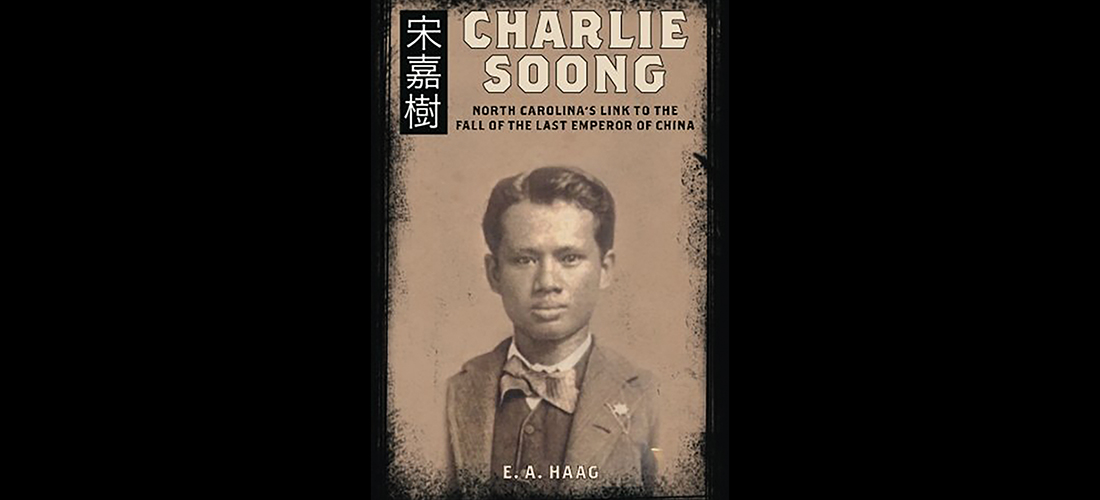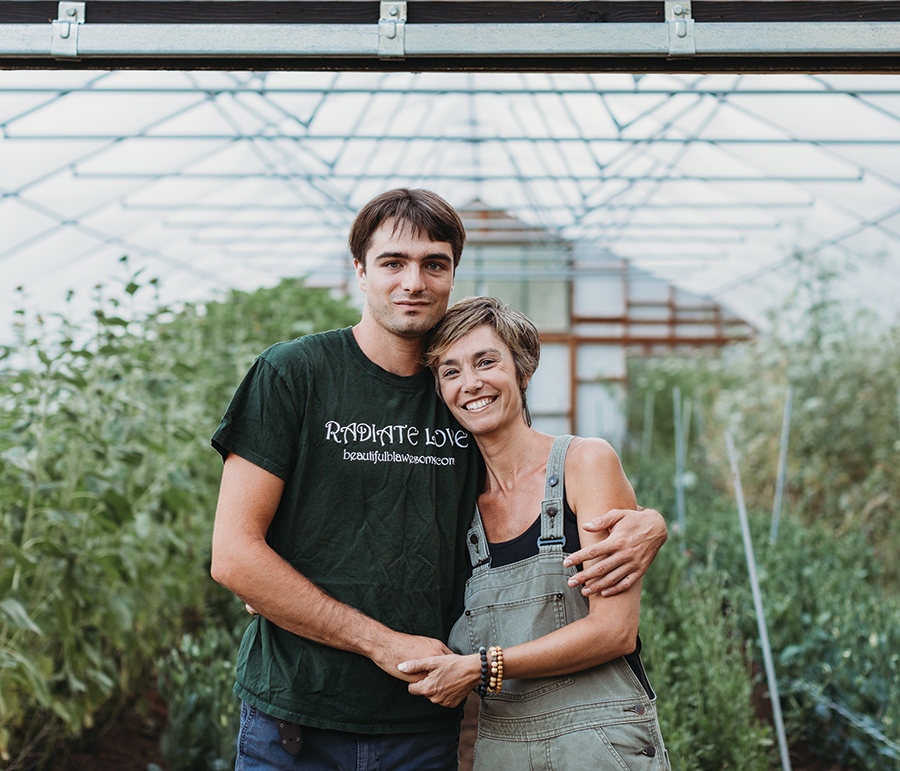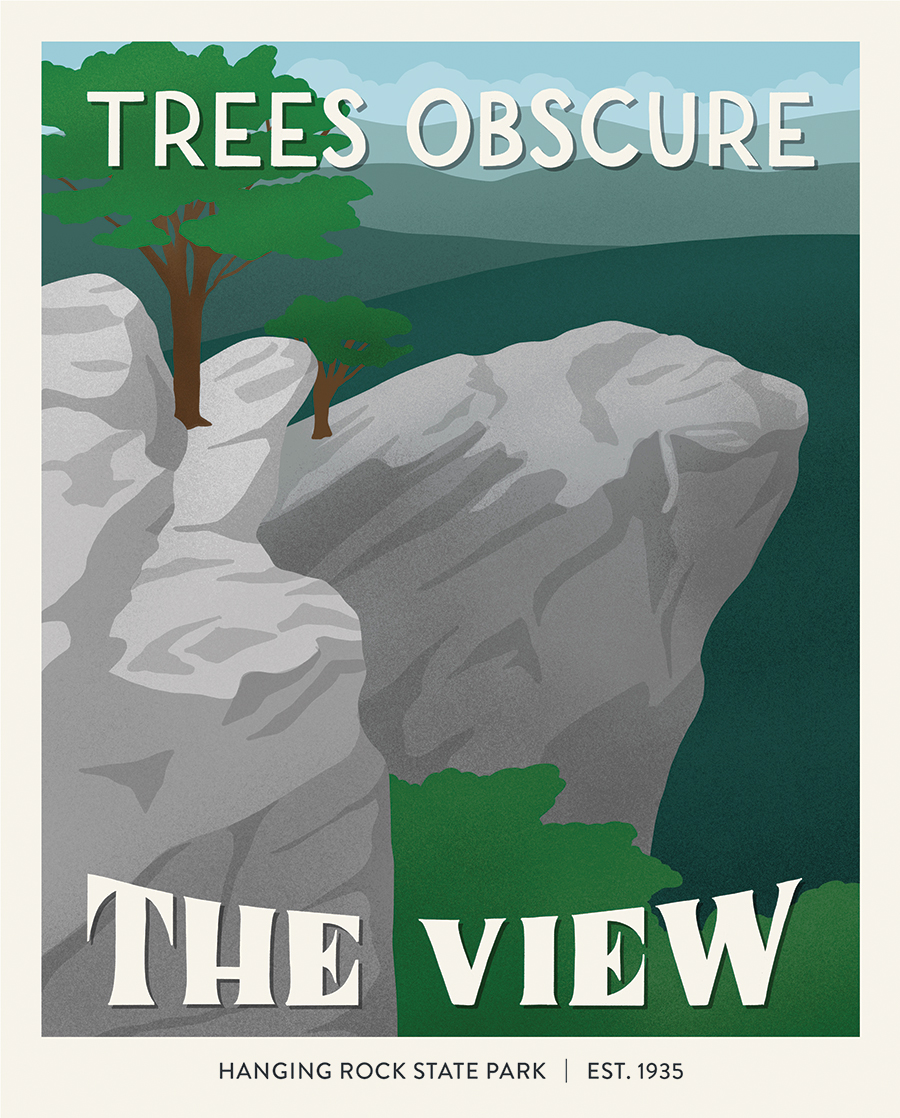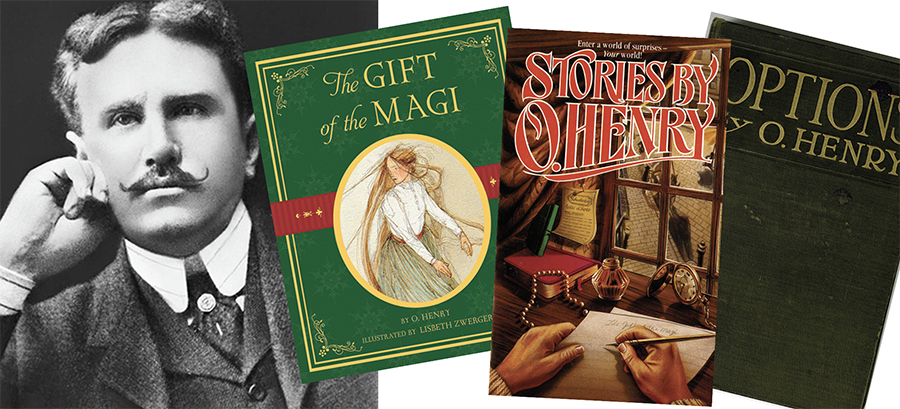Road Trip Playlist
Roll down the windows and turn up the volume: these Carolina tunes will keep you cruising
By David Menconi
Road trip season is upon us, which calls for some music to keep the momentum going. Whether you’re twisting along the Blue Ridge Parkway or cruising the Outer Banks Scenic Byway, when you hit the road for points beyond, bring along tunes made by artists with ties to the Old North State.
Chuck Berry
“Promised Land” (1964)
This classic from the great classic-rock elder Chuck Berry tells the story of a coast-to-coast journey with a roll call of cities along the way, including both Raleigh and Charlotte.
6 String Drag
“Gasoline Maybelline” (1997)
One of the best bands from Raleigh’s mid-1990s alternative-country boom, 6 String Drag was a powerhouse with old-school country harmonies and a soulful horn section. Nothing pile-drives like “Gasoline Maybelline.”
Blues Magoos
“Tobacco Road” (1966)
Durham native John D. Loudermilk wrote a lot of great songs, none greater than this oft-covered garage-rock classic. New York’s Blues Magoos cut the definitive version of “Tobacco Road,” which you’ll find on the 1972 proto-punk compilation Nuggets.
Squirrel Nut Zippers
“Put a Lid on It” (1996)
The big hit for the latter-day Chapel Hill hot-jazz band could go here as a good song for picking up the pace (or even speeding). But “Put a Lid on It,” featuring singer Katharine Whalen at her sassiest, is better for cruising.
Black Sheep
“The Choice Is Yours” (1991)
From Sanford, North Carolina, the hip-hop duo of William “Mista Lawnge” McLean and Andres “Dres” Titus would like you to know: You can get with this / Or you can get with that.
Don Dixon
“Praying Mantis” (1987)
After you’ve been driving awhile and the caffeine starts to wear off, here’s a great singalong pick-me-up. “Praying Mantis” dates back to the early 1980s and Dixon’s long-running band Arrogance. After Arrogance broke up, Dixon, a South Carolina native who went to UNC Chapel Hill, had a solo hit with it.
Etta Baker
“One-Dime Blues” (1991)
Baker was one of the great legends of Piedmont blues guitar. That especially goes for her signature instrumental “One-Dime Blues,” which rolls on down the highway. If you can play it yourself and keep up, you’re “one-diming it.”
The “5” Royales
“Think” (1957)
Covered by James Brown and Mick Jagger, “Think” was one of the most enduring songs that the legendary Winston-Salem R&B band The “5” Royales left behind. It’s also a perfect cruising song — but keep your hands on the wheel, no air-guitar allowed.
Sylvan Esso
“Song” (2017)
Durham’s Sylvan Esso, made up of Amelia Meath and Nick Sanborn, makes folksy electronic music with a warm, beating heart. This one is a great song for the wide-open highway.
The Connells
“Stone Cold Yesterday” (1990)
Although they’re best known for the moody 1993 ballad “’74–’75,” Raleigh’s Connells can pick up the tempo, too. This song’s call-to-arms guitar riff really should have been all over the radio.
Fantasia
“Summertime” (2004)
The High Point native, Charlotte resident and season-three American Idol winner has never been better than on her sultry performance of the George Gershwin classic. Perfect for long cruises.
Southern Culture on the Skids
“Voodoo Cadillac” (1995)
Once you’re close enough to your destination to exit the highway, here’s one to ease off the throttle by Chapel Hill’s long-running garage-rock band. I got eight slappin’ pistons right here under my hood / Let’s ride. OH


















